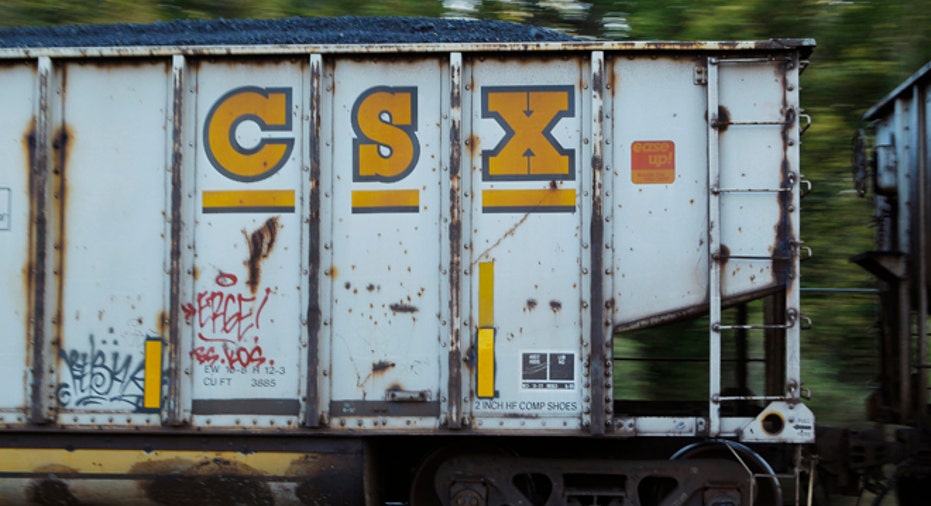CSX Corp cuts earnings forecast after service disruptions

CSX Corp cut its full-year 2017 earnings per share growth forecast on Wednesday and said its operating ratio, a closely watched performance metric, had worsened, in light of service problems this summer that sparked fierce customer blowback.
Shares in the No. 3 U.S. railroad were up more than 3 percent in a sign investors had braced for worse news following painful disruptions like rail cars sitting idle or being re-routed circuitously, late shipments, and train derailments.
"The positive stock reaction this morning suggests that expectations had already been reset lower, and that the buy-side was looking for something worse than implied by the slight guidance cut this morning," Credit Suisse analyst Allison Landry wrote in a client note.
After various operating problems in July and August, CSX Chief Financial Officer Frank Lonegro told a conference on Wednesday the company now expects its operating ratio, which measures operating costs as a percentage of revenue - so a decline marks an improvement - to be "around the high end of the mid-60s" versus firmly in the mid-60s.
Lonegro also said it trimmed its full-year earnings per share profit growth forecast from around 25 percent to a range of 20-25 percent.
That new range implies an earnings per share of $2.17 to $2.26, which at the mid-point implies a 4 percent cut versus the current 2017 consensus estimate of $2.30, Landry said.
"The railroad is now returning to a normal operating rhythm, and our performance metrics are improving," Chief Executive Hunter Harrison said in a statement.
Harrison, a railroading legend known for turnarounds of two Canadian railroads, took over as CEO in March to great investor fanfare as he vowed to make improvements at CSX using his "precision scheduled railroading" approach.
He ushered in rapid-fire operations changes - like cutting rail yards, doubling train size, storing equipment - and slashed hundreds of jobs that some workers in turn blamed for service disruptions. Harrison blamed employee resistance to his changes.
In mid-August, 44 trade groups asked federal regulators to investigate "chronic service failures" at CSX which they said had rippled out across North America's rail network.
(Reporting by Eric M. Johnson in Seattle; Editing by Phil Berlowitz)



















